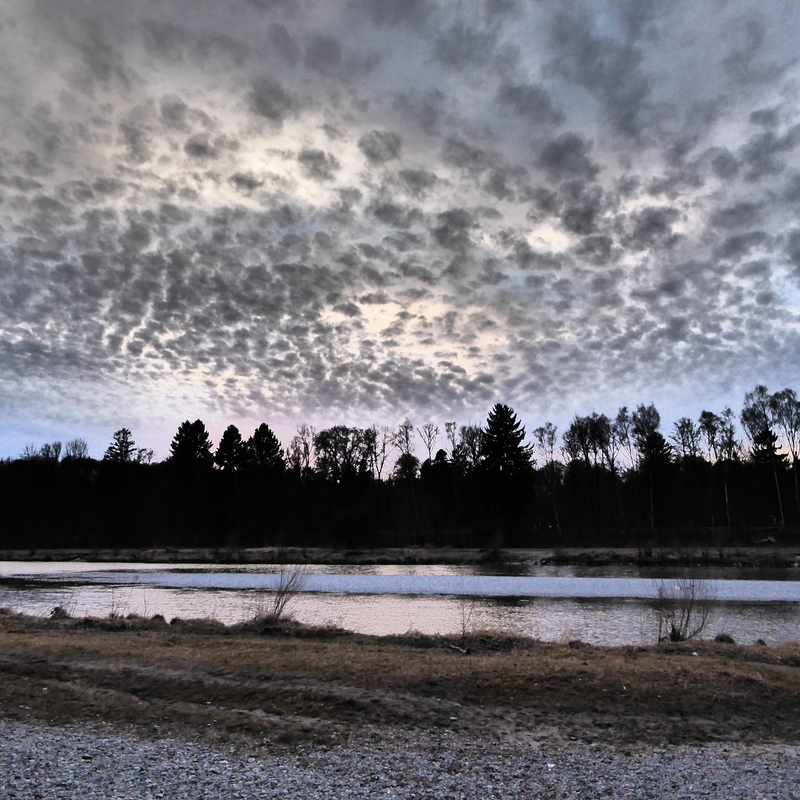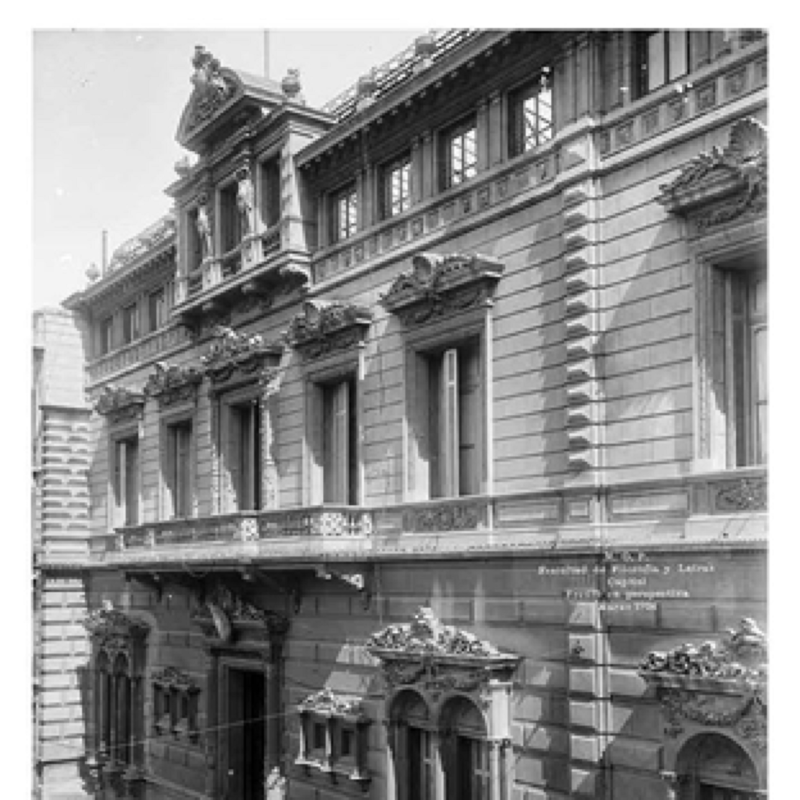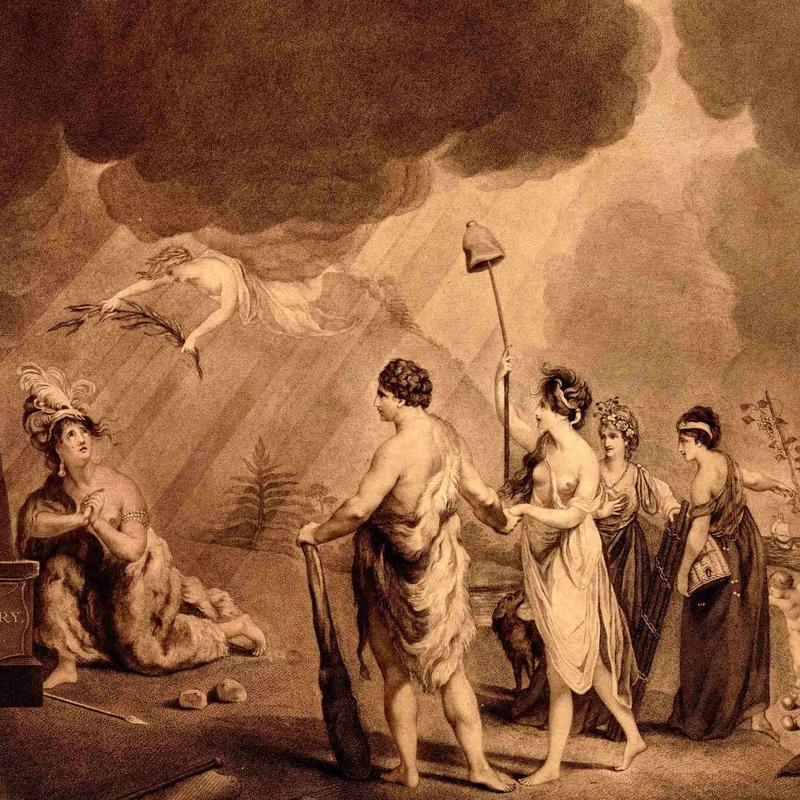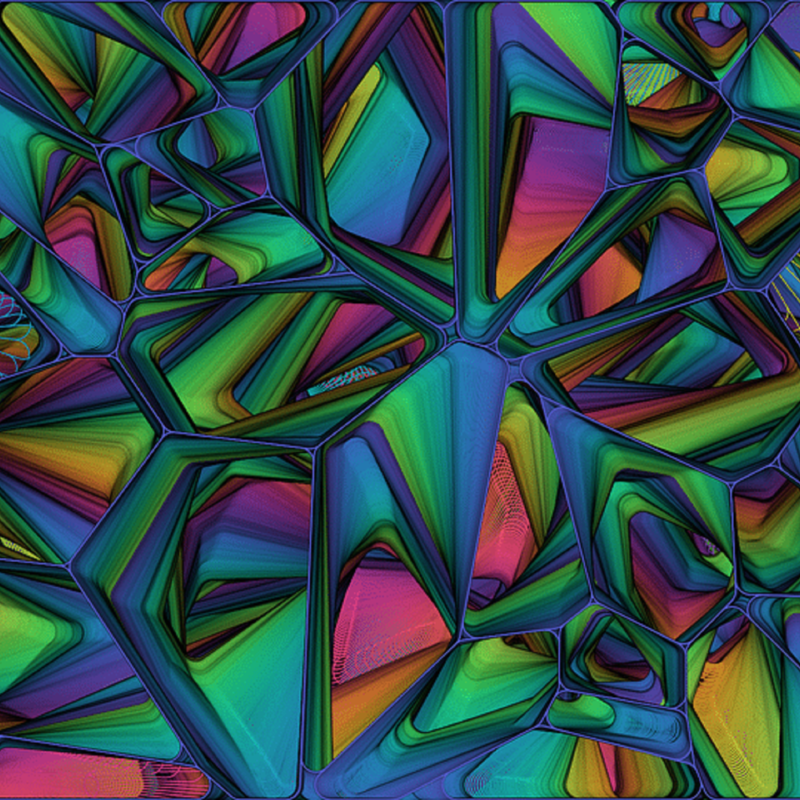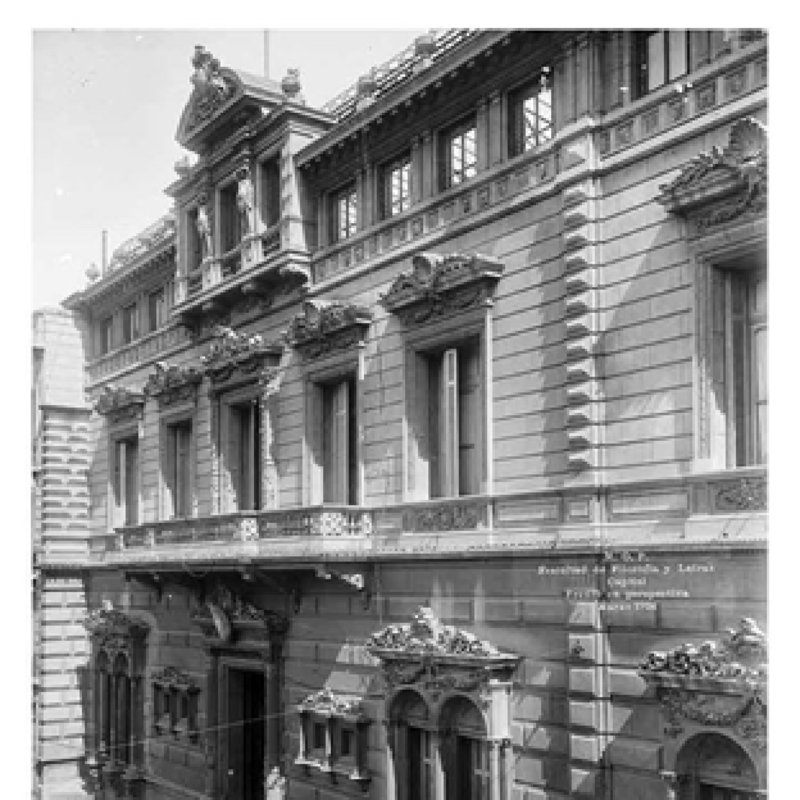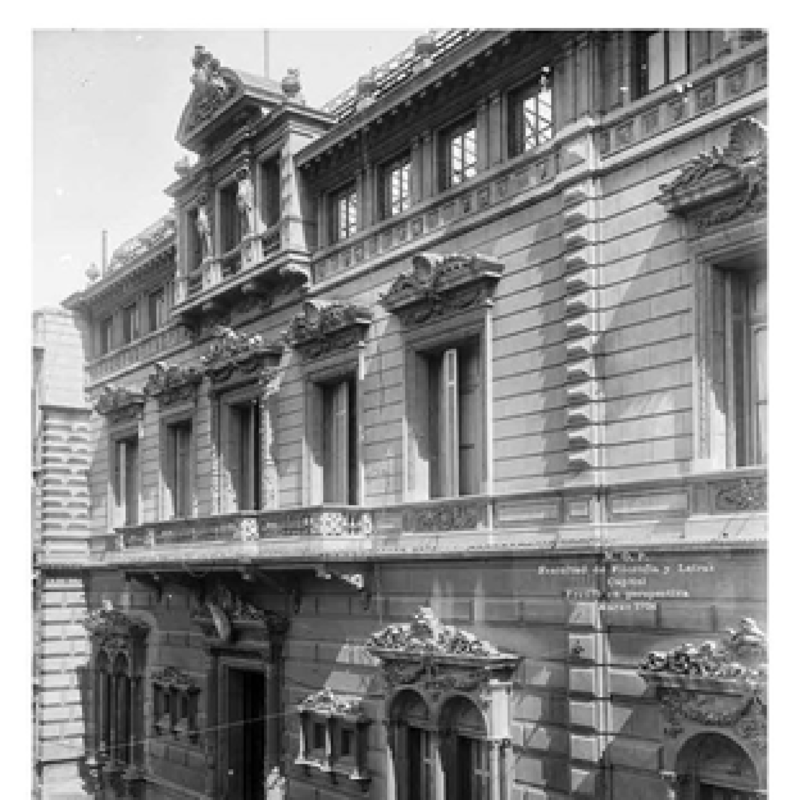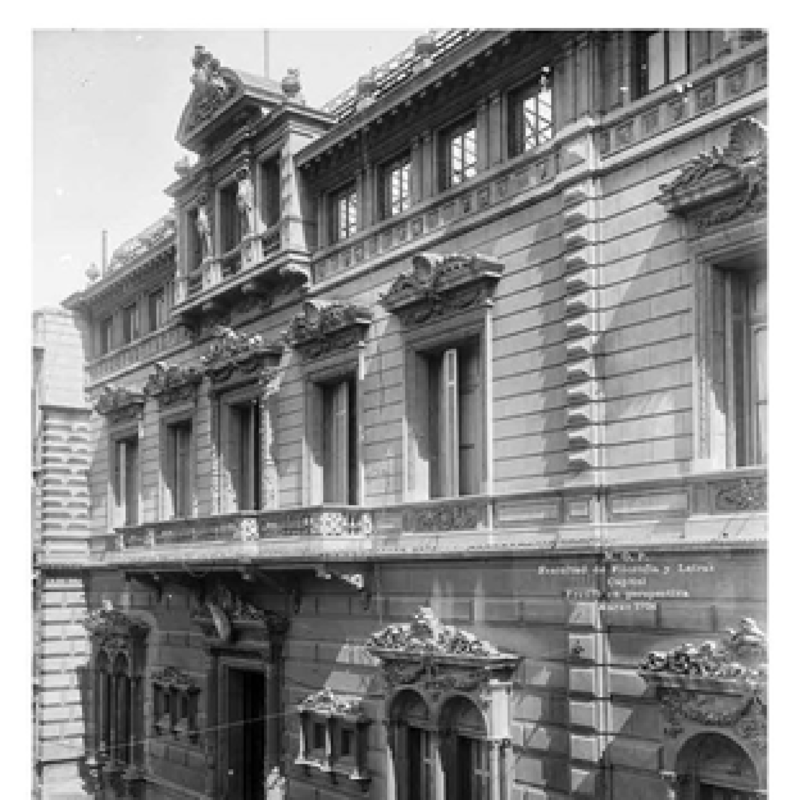Search
Short Story: "Genevieve"
DOI: 10.17160/josha.5.6.456
This article is part of a series of short stories published in the Journal of Science, Humanities and Arts by the young author Zazie-Charlotte Pfeiffer, who received the "Jean-Paul“ Award in 2013 and the "Tom Sawyer" Award in 2012 for her work. This article is written in German. Genevieve weiß nicht, ob sie bereit ist. Bereit für die Menschen, ihre Blicke, ihre bewertenden Gedanken, ihre Konformität. Genevieve ist nicht wie alle anderen, obwohl sie sich eigentlich nichts mehr wünscht, als genau das. Sie will dazugehören, sie will sich unbemerkt in der Masse verstecken können, aber da ist immer diese Befürchtung in ihrem Kopf. Erkannt zu werden. Bloßgestellt zu werden. Niemand, wirklich niemand soll wissen, wer sie einmal gewesen ist. Sie möchte nur als die anerkannt werden, die sie ist. Einfach nur so wunderbar unaufregend und durchschnittlich normal sein.
Motives of Security in The Walking Dead. Social Security Discourses in One of the Most Successful Series of Recent Times
DOI: 10.17160/josha.5.6.446
Researchers are discussing whether the revival of zombie genre was inevitable, or whether the new wave of success after the genres' death in the 1990's could be linked to the first shock of Western Civilization in the 21st century, September 11, 2001. In this paper, I take a closer look at the television series The Walking Dead and the theme ‘security’ as one of the potential factors for its success. The five security motives (1) insecure home, (2) human security risk, (3) search for stability, (4) endangered democracy, and (5) critical infrastructures and work on prevention, emphasize that 'security' and the constant search for it is a crucial, early characteristic of The Walking Dead. The characters in the series face a permanent threat and must try to transform this insecurity into (temporary) security, i.e. survival.
History of the German philology in Argentina (chapter 5) - GESCHICHTE DER ARGENTINISCHEN GERMANISTIK
DOI: 10.17160/josha.5.6.440
This study of the history of German philology in Argentina describes and analyses the period of time between the Revolution of May 1810, which means after the independence of Argentina from Spain, and the 1950s. The study has its focus on the history of the degree program of the University of Buenos Aires. We are going to read about the first professors of German literature at the University in chapter four, five and six. This chapter is about Albert Haas
From the Visual Defence of Rights to the Visual Representation of a Fundamental Value
DOI: 10.17160/josha.5.5.433
In the 1760s, most inhabitants of the North American colonies which were to become the United States considered liberty as an inherited right that had to be defended within the frame-work of the British constitution against unwarranted intrusions by the government in London. To visualize this struggle in political prints, they made use of motifs like the Roman goddess Libertas and the cap of liberty, both of which they knew from corresponding English prints. Following the Declaration of Independence, these motifs were increasingly turned into attributes of a new political order built on liberty. This transformation led to a mélange of changes and continuities in the iconography of liberty which this article seeks to demonstrate by examining examples of relevant images from the first decades of independence.
Freiburg IMBS "Diploma of Advanced Studies" Winterschule Biomedizinische Wissenschaften 2018-19. Jetzt bewerben bis zum 31.7.2018
DOI: 10.17160/josha.5.4.428
The Winter School of Biomedical Sciences is a 5 months international program at the University of Freiburg. It is designed as an intensive time of studies and research with specific and practical training that qualifies for success in academia or the private sector. In addition to the modules, students can choose a personal research project. Each research project is individually supervised and involves eight weeks of lab work, that is seven weeks of experimental work followed by a week of data analysis and a written lab report in the format of a scientific research publication. Die „Winter School in Biomedical Sciences“ ist ein fünfmonatiges internationales Studienprogramm der Albert-Ludwigs-Universität Freiburg.
DEMETRIOS PRIZE 2018
DOI: 10.17160/josha.5.3.419
The JOSHA Team is very pleased to share with you information about the IASHA Demetrios Prize 2018. For the categories BACHELOR, MASTER and DOCTORAL thesis the International Academy of Science, Humanities and Arts (IASHA e.V.) supported by the Biothera Foundation will select 3 theses in each category and award a prize of € 500 each. Our editors will select the winners. The manuscripts of the winners will be published in the Journal of Science, Humanities, and Arts - JOSHA, with a unique DOI for each paper. Theses in either GERMAN or ENGLISH may be submitted. Bachelor, Master, and doctoral theses should be submitted by mail to admin@josha-archive.org.until June 15, 2018. The “Journal of Science, Humanities, and Arts – JOSHA” has been initiated to create a novel internet platform to access the broad diversity of important discoveries and creativity in the fields of Science, Humanities, and Arts.
A Phenomenology of Pain - Eine Phänomenologie des Schmerzes
DOI: 10.17160/josha.5.4.415
This article draws a phenomenology of pain focusing on four aspects of human existence: body-experience, time-experience, intersubjectivity and self-experience. The pain-experience will be presented from the perspective of the person who suffers. For this the article takes into account not only scientific descriptions of pain but also fictional description in literature and reports from pain-patients.
History of the German philology in Argentina (chapter 4) - GESCHICHTE DER ARGENTINISCHEN GERMANISTIK
DOI: 10.17160/josha.5.5.411
This study of the history of German philology in Argentina describes and analyses the period of time between the Revolution of May 1810, which means after the independence of Argentina from Spain, and the 1950s. The study has its focus on the history of the degree program of the University of Buenos Aires. We are going to read about the first professors of German literature at the University in chapter four, five and six. This chapter describes the biography of Mauricio Nierenstein.
History of German Philology in Argentina (Chapter 3) - GESCHICHTE DER ARGENTINISCHEN GERMANISTIK
DOI: 10.17160/josha.5.5.410
This study of the history of German philology in Argentina describes and analyses the period of time between the Revolution of May 1810, which means after the independence of Argentina from Spain, and the 1950s. The study has its focus on the history of the degree program of the University of Buenos Aires. At the first chapter, we'll found the history of the science of German language and literature studies and the develop oft he foreign language (among other things, German language) from the colonial era until the first years oft he 20centurys.
History of German Philology in Argentina (Chapter 2) - GESCHICHTE DER ARGENTINISCHEN GERMANISTIK
DOI: 10.17160/josha.5.4.409
This study of the history of German philology in Argentina describes and analyses the period of time between the Revolution of May 1810, which means after the independence of Argentina from Spain, and the 1950s. The study has its focus on the history of the degree program of the University of Buenos Aires. In the first chapter, the history of the science of German language and literature studies and the development of foreign language studies are addressed (among other things, German language), covering the period from the colonial era until the first years oft he 20th century.
